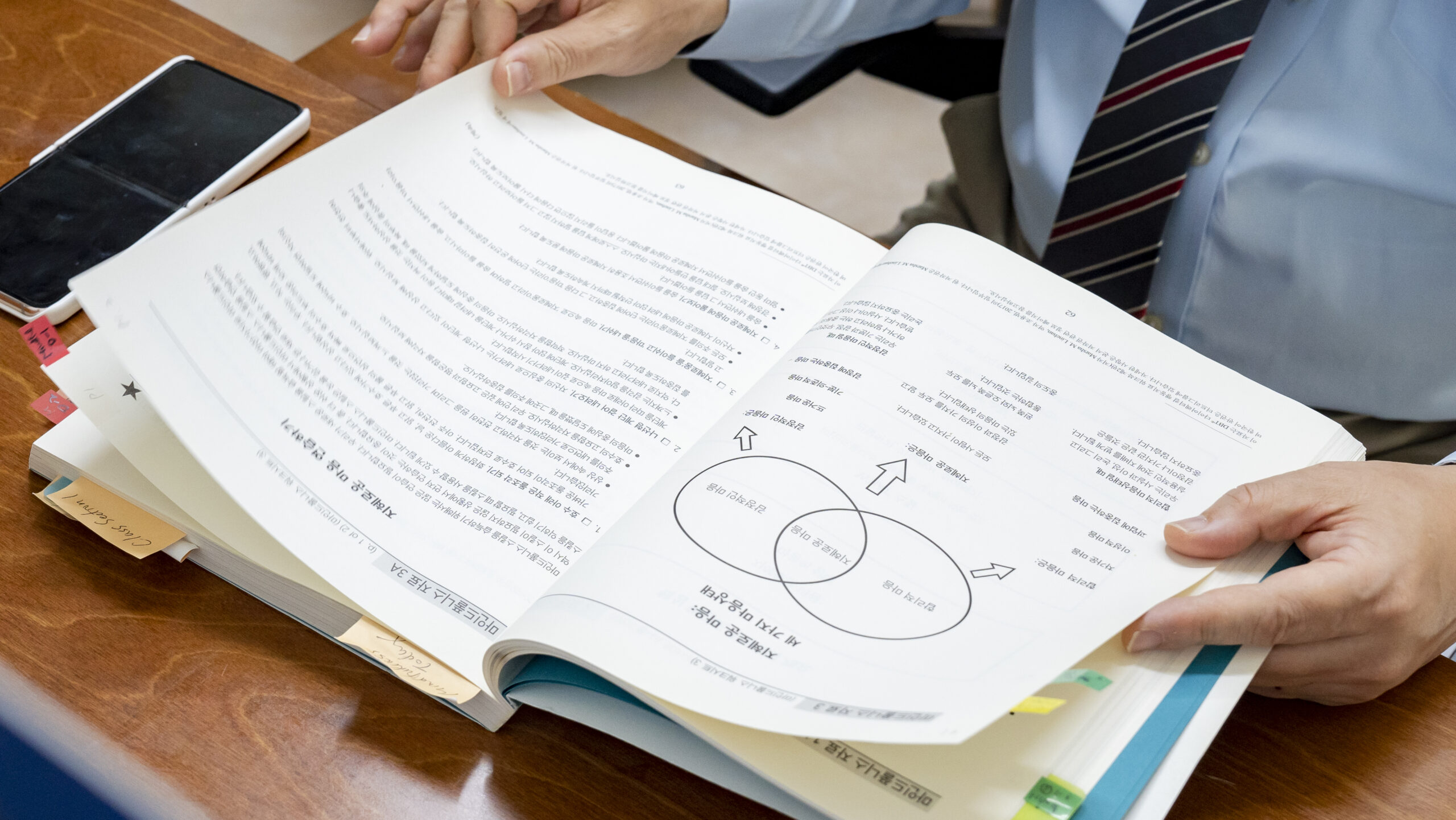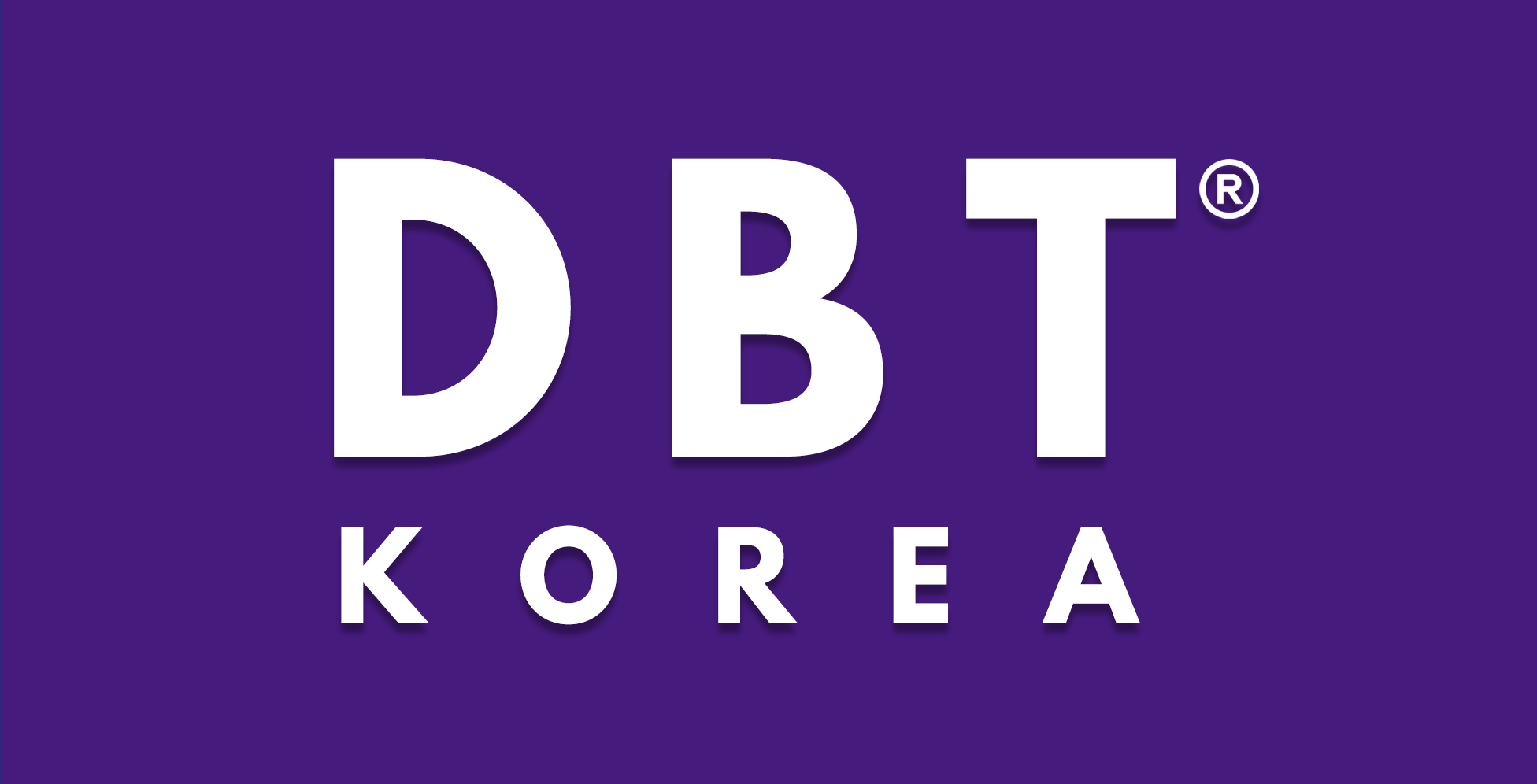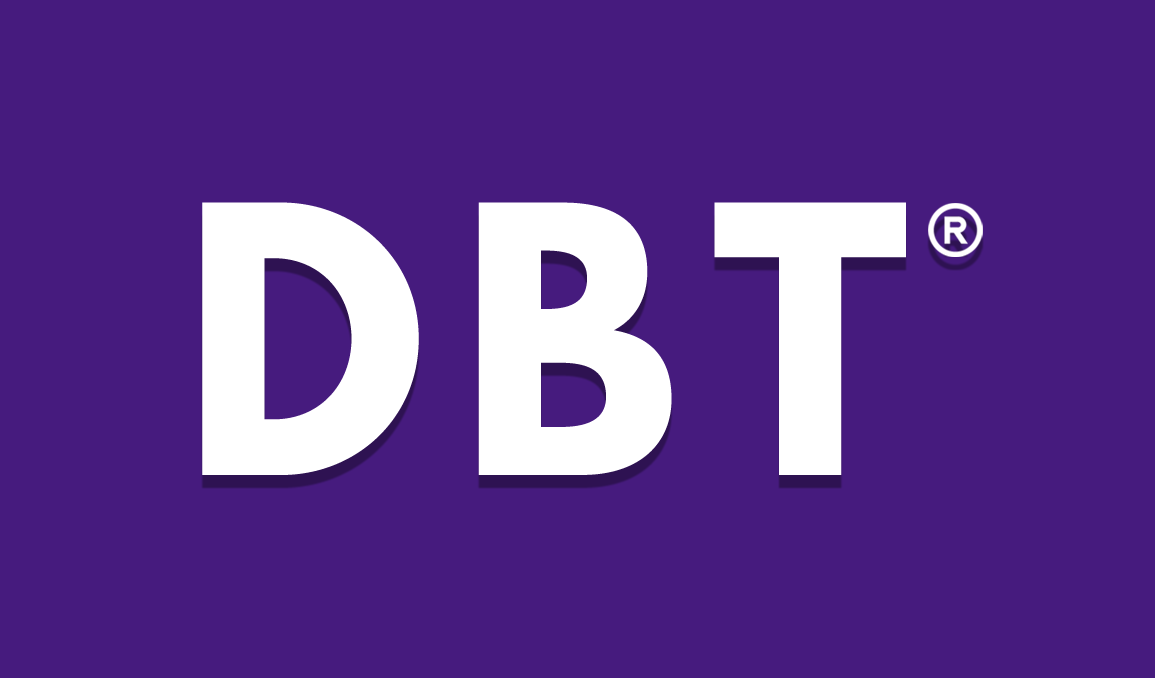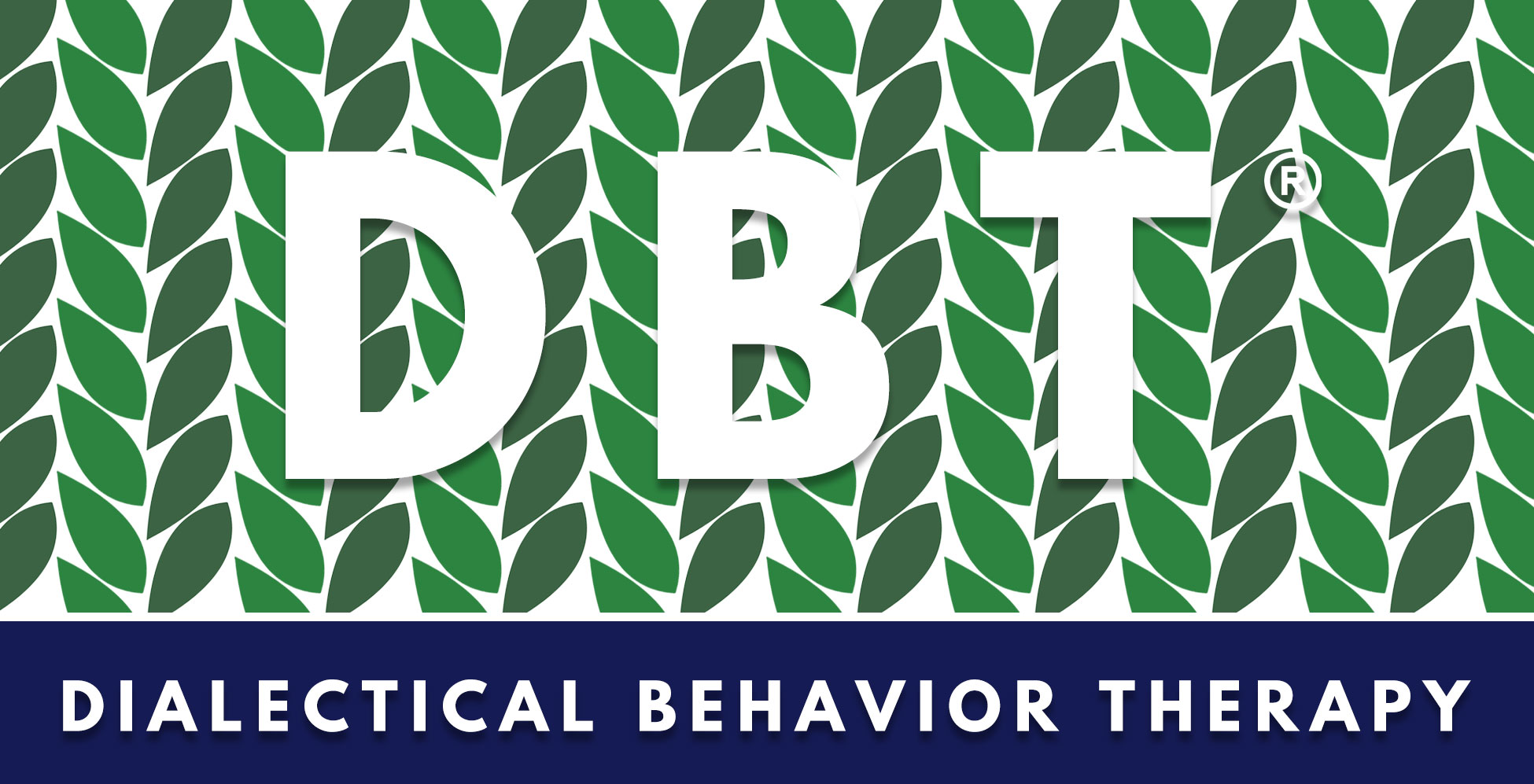Now, I can manage my emotions.
Impulsive behaviors no longer overwhelm me.
With new behaviors and new ways of communicating with others, I no longer hurt my beloved ones.
I can change my behavior and mind with DBT skills!
I can meet new people with a mindful state of mind.
New job, new school, new relationship and fresh new future!
It is the everyday that is happening in the world of DBT.

DBT for Adults & Young Adults
DBT Standard Program for Adults/Young Adults is for clients who experience extreme emotional dysregulation, have trouble managing interpersonal conflicts, and display self-destructive and impulsive behaviors that lead to negative consequences triggered by unstable emotional state.
Most of them have not had the opportunity to learn effective behaviors that can replace their problematic behaviors. During the individual psychotherapy sessions, clinicians identify unhelpful/problematic behavior patterns via behavioral analysis and assist the individuals to create positive behavior patterns with DBT skills.
In the DBT for Adults/Young Adults Skills Training Group, clients learn the four primary DBT skills training modules that help them manage their emotional and behavioral patterns: Mindfulness skills, Interpersonal Effectiveness skills, Emotion Regulation skills, and Distress Tolerance skills.
Mindfulness skills help clients be aware of their own emotions, thoughts, physical sensations, and behaviors as well as recognize their negatively distorted thinking patterns and impulsivity.
Interpersonal Effectiveness skills are for maintaining stable and healthy relationships and reducing chronic feelings of emptiness.
Emotion Regulation skills assist clients to understand the functions of emotion, change unwanted emotional responses and improve emotional resiliency by reducing vulnerability to emotional turbulence and managing difficult emotions.
And Distress Tolerance skills are to reduce mood-dependent and impulsive behaviors and learn to accept reality as it is. The clients learn to adopt alternative behavior skills instead of negative cognitive, emotional, behavioral patterns by learning and practicing DBT skills every week.
DBT Individual Psychotherapy (once a week)
DBT Skills Training Group (once a week)
1) Core Mindfulness Skills
2) Interpersonal Effectiveness Skills
3) Emotion Regulation Skills
4) Distress Tolerance Skills
Between sessions consultation with a DBT individual therapist
DBT consultation team
* The frequency of DBT clinical sessions can be adjusted depending on the severity of symptoms and clients’ needs.

2001 Dr. Cho started DBT for Koreans in the U.S.
In 2000, Dr Cho started the English/Korean bilingual services
for Korean immigrants and their children at the Zucker-Hillside Hospital/North Shore LIJ Medical Center

2003 Promoting Evidence-Based Psychological Services in Korea
In 2003, Dr. Cho established the Tree Group to provide evidence-based treatment in both New York and Korea.
















